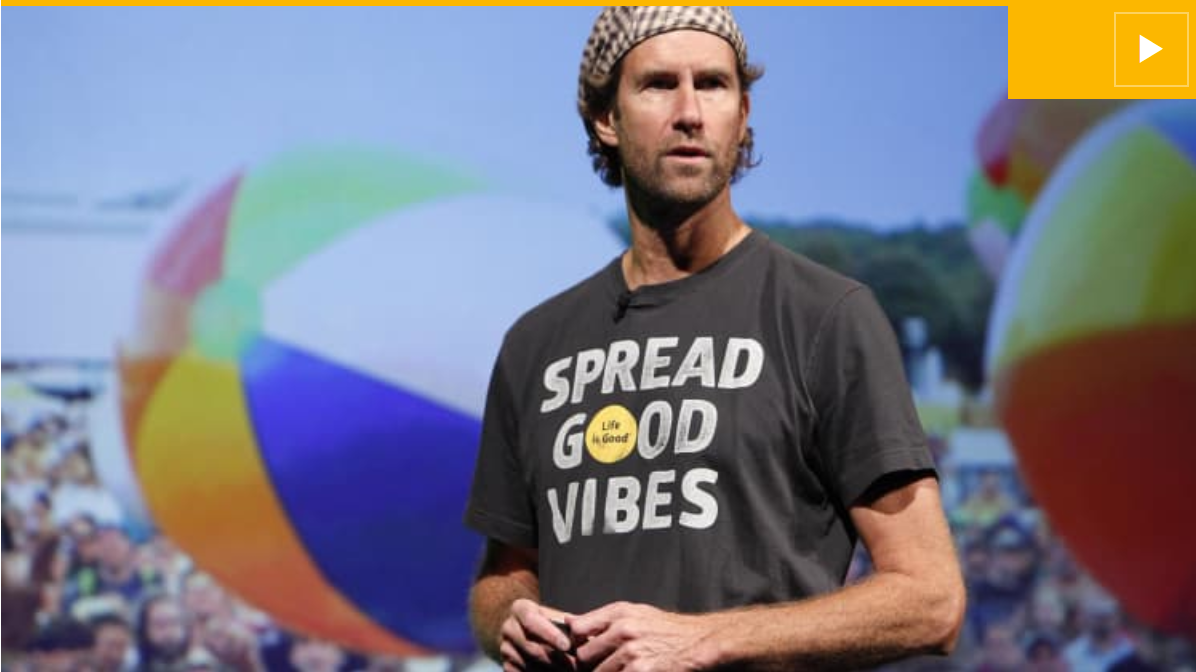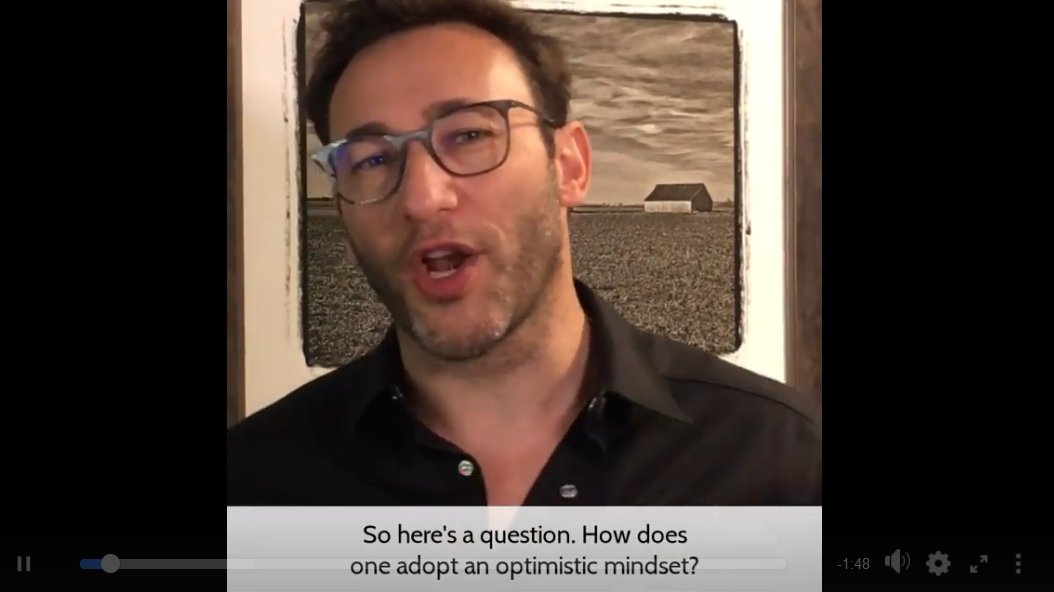Activity: Emotional Intelligence
| Site: | RRU Open Educational Resources |
| Course: | Career Management Resources for Professionals |
| Book: | Activity: Emotional Intelligence |
| Printed by: | Guest user |
| Date: | Thursday, 5 June 2025, 8:53 PM |
Why do we care about Emotional Intelligence (EQ)?
Predictors of success have been studied over the years and undoubtedly, Emotional Intelligence (EQ) surpasses intelligence quotient (IQ).
*Researcher Lyle Spencer studied managers of a $2 billion global division of Siemens with 400 branches in 56 countries. When he compared the competencies of the star performers and average performers (Star performers were the Top 10% performers with average annual sales of $29.8 million against $17 million annual sales of average performers), he found that the differentiators were the four competencies of ESI (Emotional and Social Intelligence) and not a single technical or cognitive competency. (Atre, n.d., para. 10)
This insight supports the findings from the research Bradbury and Greaves conducted, EQ being “...the single biggest predictor of performance in the workplace and the strongest driver of leadership and personal excellence” (2009, p. 21). Goleman’s research also backs this notion.
There are strong indicators that EQ can significantly and positively impact your career and life, which is why EQ is worth investing the time and effort to refine.
This module includes:
- Adaptability
- Positive Outlook (Optimism)
- Reflective scenarios
- Strategies
Bradbury & Greaves put it this way, “when you are self-aware you are far more likely to pursue the right opportunities, put your strengths to work and—perhaps most importantly—keep your emotions from holding you back” (2009, p. 26).
Adaptability
Turning our attention to adaptability, there are countless reasons why employers value adaptable employees such as
- customer satisfaction,
- team morale,
- the ability for an organization to pivot quickly, and
- the generation of new products and services with a result of increased profits.
Here are three perspectives on how adaptability impacts your career strategy:
“Adaptable people….accept change, hone strategies for dealing with the unknown, and shift their behavior to accommodate new situations and challenges. For leaders, adaptability means responding effectively to changing events in the organizational environment” (Calarco & Gurvis, 2006, p. 3).
“Adaptability ….refers to the capacity to respond effectively to new information about oneself and/or one’s situation and to demonstrate the ability to effectively integrate new information into one’s career behavior” (Niles & Harris-Bowlsbey, 2009, as cited by Niles, Yoon, Balin, Amundson, 2010, p.102).
“Adaptability involves reformulating your goals and/or strategies to adapt to new work and career realities” (Seibert, Kraimer, Heslin, 2016, p. 245).
Adaptability embodies a mindset to accept and be open to change as well as an understanding to shift gears within the workplace.
Positive Outlook (Optimism)
How do you see the world? Do you think a positive outlook (or optimistic perspective) can have an impact on your success?
- What if…. optimism or pessimism matters as much as talent or desire? What if you can have all the talent and desire necessary—yet, if you are a pessimist, still fail?
- What if optimism is a learned skill, one that can be permanently acquired? (Seligman, 2006, p. 13 & 14)
Seligman, the Father of Positive Psychology, studied optimists and pessimists for more than 25 years. Optimists react to distressing events as temporary obstacles that can be overcome. In contrast, pessimists believe they are the cause of the problem and that these events can extend for lengthy periods of time (Seligman, 2006).
We can make a choice where we want to place our attention. As Bert Jacob, CEO of Life is Good Co. conveys, we can focus on the opportunities or the obstacles. This focus can be applied to managing a business or approaching your career and life.
Bert walks the talk as an optimist. In this clip, Bert shares how his company was built on optimism (CNBC, June 1, 2016).
❗To play video, click yellow arrow in top right corner. ❗
How optimism breeds success - Click to open video in a new window (1:39)
Simon Sinek describes optimism as seeing a light at the end of the tunnel, despite how dark circumstances are. “Optimism isn't naive. Optimism doesn't deny the darkness. It's an undying belief that the future is bright” (Sinek, December 23, 2020).
Our approach to our career is greatly influenced by having a belief that the future is promising. In turn, we leave ourselves more open to seeing opportunities and different paths forward. We may also have more energy to explore options which could get us out where serendipity might find us!
Optimists...
- “take action more quickly to find a new job because they believe negative events are temporary;
- they update their resumes,
- jump on LinkedIn, and
- network with former colleagues to find an opening.
In job interviews, optimists “focus more on the energizing aspects of work and the areas in which they have control” (Gielan, 2016, p. 3). This focus on solutions could be the swing to garner a second interview .
Reflective Scenarios
Everyday we are presented with situations in which we can demonstrate EQ skills. Here are typical workday examples that present themselves as opportunities to put EQ in action. Consider how adaptable you might be when faced with change, or if you are inclined to respond with a positive outlook.
![]() Download the Emotional Intelligence Worksheet
Download the Emotional Intelligence Worksheet
In the following scenarios, notice your thoughts and feelings. What are your immediate reactions? There is not a right or wrong way to respond. Write it down in the worksheet.
Next, for each scenario, click on the expanding text to see corresponding examples of strong adaptability and optimistic actions or thoughts. Make sure to write down your own thoughts first, before clicking to see our examples.
Now that you took a moment to write your responses and reviewed the possible actions or thoughts, try answering the following questions honestly:
How would you rate yourself in terms of adaptability on a scale of 1-10 (low to high)?
- If you rated yourself on the lower end of the scale, how might you learn to become more adaptable?
How would you rate yourself in terms of positive outlook (optimism) on a scale of 1-10 (low to high)?
- If you rated yourself on the lower end of the scale, how might you lean into optimism?
Ask yourself this question as authentically as possible:
- do you want to become more adaptable and/or be more optimistic?
It is difficult to find the motivation to shift a behaviour if you are not ready or do not want to change it.
Strategies
To step up your EQ game, you need to be aware of your emotions. “The only way to genuinely understand your emotions is to spend enough time thinking about them to figure out where they came from and why they are there. Emotions always serve a purpose” (Bradbury & Greaves, 2009, p. 25).
Here are a few ways Bradbury and Greaves advise to hone your EQ skills,
- Visit Your Values,
- Get to Know Yourself under Stress,
- Sleep On It,
- Accept That Change is Just around the Corner
In the Determining Direction Unit, you were encouraged to identify values, in the context of career planning. Now, Visit Your Values (Bradbury & Greaves, 2009, p. 86 & 87) as it relates to EQ, and check-in with yourself on how you manage your emotions in various circumstances.
Reflect on a situation when you were faced with change. And suppose one of your values is growth. You can ask yourself, “am I upholding my value for growth, if I’m resisting this change?”
The next strategy is Get to Know Yourself under Stress. Bradbury & Greaves (2009) suggest listening to your body and hearing what it is trying to tell you (p. 94). Also, stress has a way of testing our true colours in the heat of the moment. This can be a time to check-in and notice if you are reacting in an optimistic or pessimistic way. Do you and can you see the light at the end of the tunnel?
Sleep On It (Bradbury & Greaves, 2009, p. 111) provides time to gain some perspective on the situation as well as time and space to regulate your emotions.
Accept That Change is Just around the Corner (Bradbury & Greaves, 2009, p. 133). This strategy is about coming to terms with change as a part of life. If you can anticipate change and think of some ideas to navigate these changes, this can reduce having feelings of being a victim to changes beyond your control.
Here are some strategies specifically for cultivating a positive outlook (optimism),
“Three daily habits we’ve researched and found incredibly effective for building optimism are:
- thinking of three new, specific things you’re grateful for each day;
- emailing a two-minute positive note to someone new every morning to praise or thank them; and
- spending a few minutes each day writing about the most meaningful moment from the past 24 hours.” (Gielan, 2016, p. 3)
Simon Sinek explains some steps to become more optimistic in this video (Simon Sinek, 2019) (1:53)
How can you be more optimistic?- Click to open the video in a new window.
Tip: Click exit book below to go back to the main page, or take this shortcut to move directly to the module summary.

